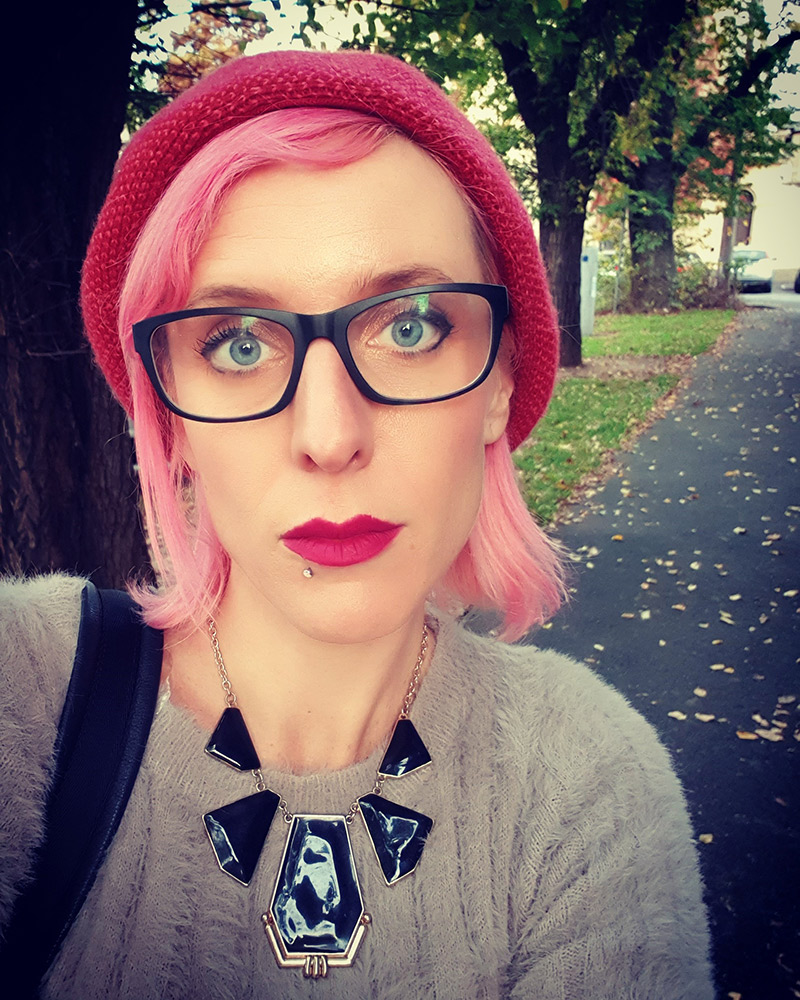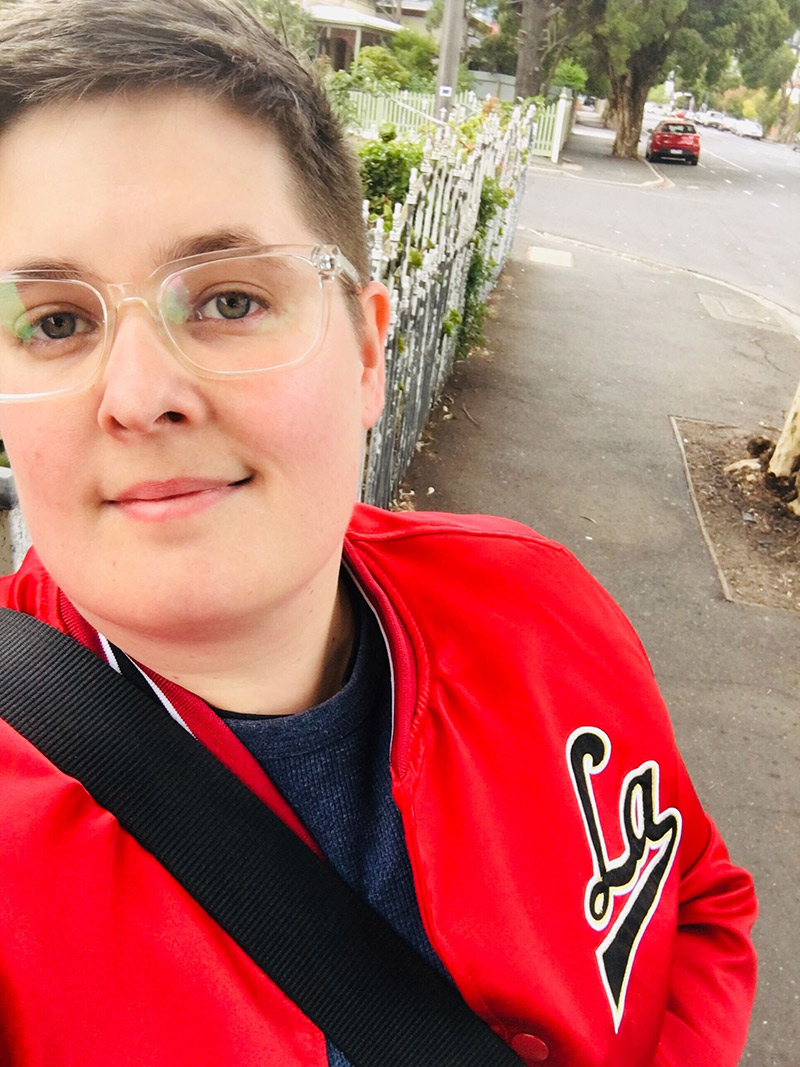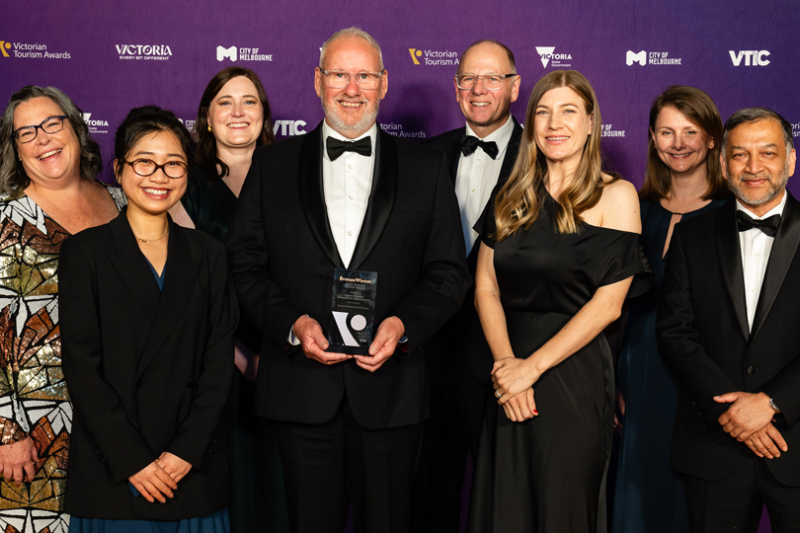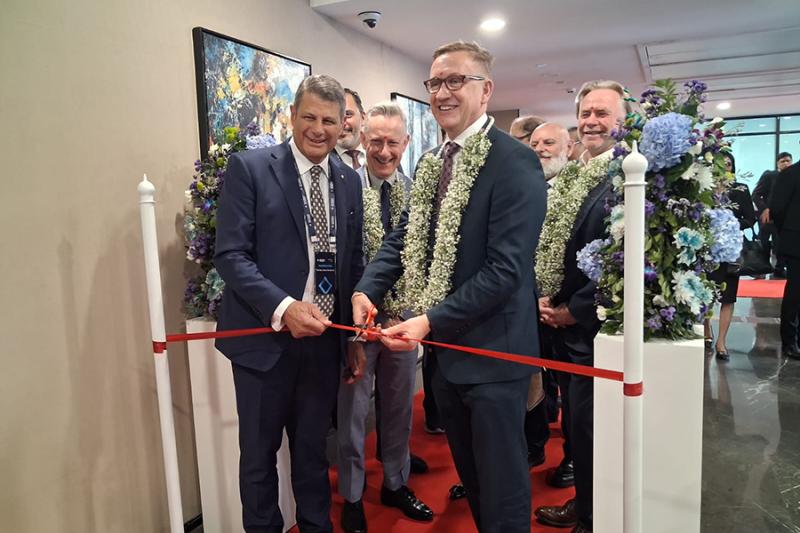International Non-Binary People’s Day – 14 July

14 July is International Non-Binary People’s Day. Victoria University (VU) is committed to celebrating diverse identities and perspectives, and part of this is through marking days of significance. To all non-binary people in the VU staff and student community, whether you are out or not, we value you.
Non-binary is an umbrella term for gender identities that sit within, outside of, across or between the spectrum of the male and female binary. A non-binary person might identify as gender fluid, trans masculine, trans feminine, agender, bigender etc. Non-binary is sometimes shortened to NB or enby.
Self-expression and being able to completely bring and be your whole self at work, in study or in the community is important and is a right that we uphold at VU.
Formal recognition of non-binary as a valid gender identity is growing rapidly. In fact, this year Australia’s Census includes a non-binary option for the first time.
From non-binary VU staff members

“For me, being non-binary means being free from the constructs of the gendered binary and allowing for degrees of being. I live my life in shades of grey and that makes sense for my gender identity too. Victoria University is the first workplace where I have identified myself as non-binary to my co-workers and the university more broadly. It is like a weight lifted off my shoulders, even if there is sometimes a struggle with my pronouns.”
Dr Brandy Cochrane, they/them
College of Law and Justice
Co-Chair, Pride & Ally Network (requires staff login)

“Being out as non-binary at work is a huge relief. I’ve been using they/them pronouns in other spaces for a few years now and it felt like the right time update things at work. If you’re comfortable doing so, it’s a lovely act of solidarity to add your pronouns to your email signature, and making the effort to use correct pronouns (even if it’s a bit of a learning curve at first!) can really make the difference to non-binary folks. If you make a mistake, simply correct yourself and move on with a quick apology. It also helps to practice out loud!”
Emma Osborne, they/them
Coordinator, Policy and Procedure Implementation
Risk and Compliance
Supporting non-binary people
One of the easiest ways you can support inclusion of non-binary and gender diverse staff and students is to normalise asking about pronouns or sharing your pronouns verbally, in your Zoom display name, etc. Read more in the Pronouns Guide (PDF).
There are many other things you can do. For more tips, check out the Guide to Being a Trans and Gender Diverse Ally (PDF, 572.05 KB).
Educate yourself
The Understanding & Celebrating LGBTQIA Identities: A Guide for Staff e-Learn module is a great way for staff to develop and broaden awareness. A student version of the module will be released later this year.
Further reading/viewing:
- This is what gender non-binary people look like (article)
- Not a boy, not a girl (Four Corners episode)
- The difference between being non-binary vs androgyny (YouTube video)
- I just came out as non-binary, here’s what that means (written interview)
- Understanding non-binary people: how to be respectful and supportive (article)
Some great non-binary Australians to follow and learn from are:
- Nayuka Gorrie
- Nevo Zisin
- Jinghua Qian
- Mahla Bird/Themme Fatale
- Dani Boi/Dani Weber
- Alok Menon (not Australian but too fabulous to omit).
Misunderstanding about non-binary people is often rooted in rigid ideas about gender roles. Challenging gender stereotypes and roles, as well as supporting inclusion of non-binary and gender diverse people, also plays a key part in preventing gender-based violence. Read more about rigid gender roles (PDF).
Get active
VU staff interested in joining the Pride & Ally network are welcome to email us at .
VU students can join the VU Queer Collective.
Contact us
Pride and Ally Network
[email protected]Inclusion & belonging
Diversity and inclusion at VU
Gender equity
Gender equity at VU
Respect & responsibility
Respect & responsibility at VU
Pronouns guide (PDF)
Guide to Being a Trans and Gender Diverse Ally (PDF, 572 KB)
Rigid gender roles and stereotyped constructions of masculinity and femininity (PDF)



